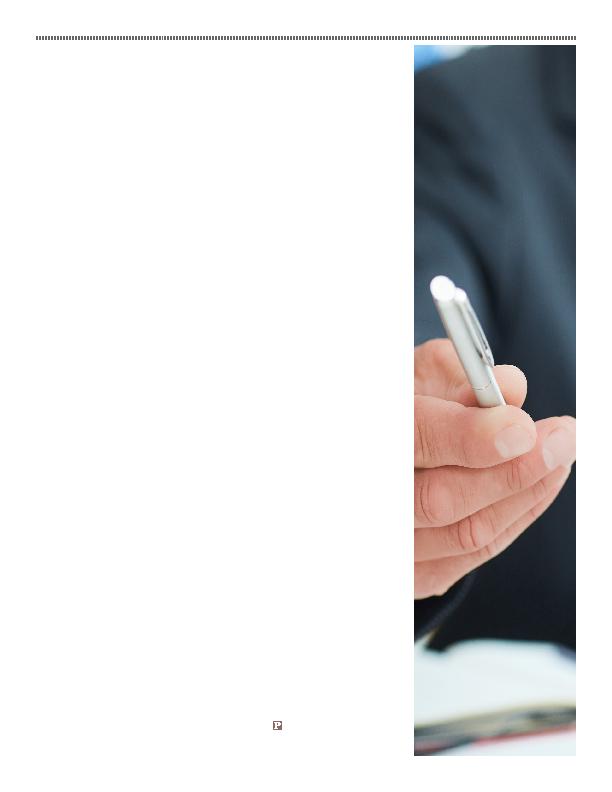
Consequently, a contractual reverse bad
faith case will only be available after a
judgment or settlement. At that point,
apportioning a settlement or a jury
verdict will be problematic. While some
states recognize the right of an insurer
to apportion between covered and non-
covered elements, the courts afford little
practical guidance. Neither plaintiff's
counsel nor defense panel counsel are
likely to agree to submit a special verdict
form to the jury.
Proving what loss the insured "knew
or reasonably expected" also poses a
problem. In a first party claim, the insured
presumably knew or reasonably expected
their fraud to cause loss in the measure
of the overstated value. But insureds
generally have no knowledge or expectation
of the expense that attends a claim
investigation or defense. These expenses
are hard to recover.
cooperation clause is routinely overlooked.
Insurers tend to segregate their claim
personnel by type of claim; the cooperation
clause is most frequently invoked by the
Special Investigation Unit. But it has
underutilized value in the management
of claims that fail to raise what would
traditionally be seen as "red flags."
The commercial general liability form
reflected in ISO CG 00 01 04 13, requires
that the insured:
other information;
investigation or settlement of the claim
or defense against the suit."
similar recitations of the insured's duty
which typically include an express
obligation to submit to an examination
under oath.
The provisions afford exceptional
investigatory rights. For example, demands
for tax information in other contexts will
be rebuffed because, under both federal
However, in the context of an insurer's
investigation, courts recognize production
of this information as a precondition
to coverage. A United States Supreme
Court opinion Claflin v. Commonwealth
Ins. Co. (1884) 110 U.S. 81, 3 S.Ct. 507,
28 L.Ed.76 recognizes the breadth of an
insurer's rights to require cooperation and
examinations of its insureds.
This area of the law is more developed
in the context of first party "property"
claims than in the context of liability
claims. An insurer's counsel may point
out that in most policies, an express right
to conduct an examination under oath is
found only in the first party section. But it
can be maintained that whether specified or
not, an examination under oath falls within
the broad scope of the duty of cooperation.
This is consistent with the broad scope
of investigation recognized by the courts,
notwithstanding lack of specific reference
in the policy.
One concern in examining the liability
of the insured is the risk of creating a
record of the insured's testimony that may
be prejudicial in the liability suit. But
the fact that the examination under oath
occurred, and its content, should not be
discoverable. Some jurisdictions limit the
extent to which a liability plaintiff can
access insurance coverage information.
California, for example, confines liability
discovery to the identity of the carrier,
nature and limits of coverage, and whether
(but not why) coverage is contested.
Generally speaking, courts won't allow a
plaintiff access to the contents of a liability
claim investigation, given work product and
attorney-client privilege considerations.
The foremost benefit of the insurer's
exercise of its rights to cooperation is
that, unlike contractual reverse bad faith,
they aren't illusory. Nor does enforcement
require a lawsuit.
Reverse bad faith, notwithstanding
its theoretical survival as a contractual
remedy, is not a particularly meaningful
recourse for insurers confronted by
uncooperative or collusive insureds. But
cooperation clauses can do much to curb
misconduct.